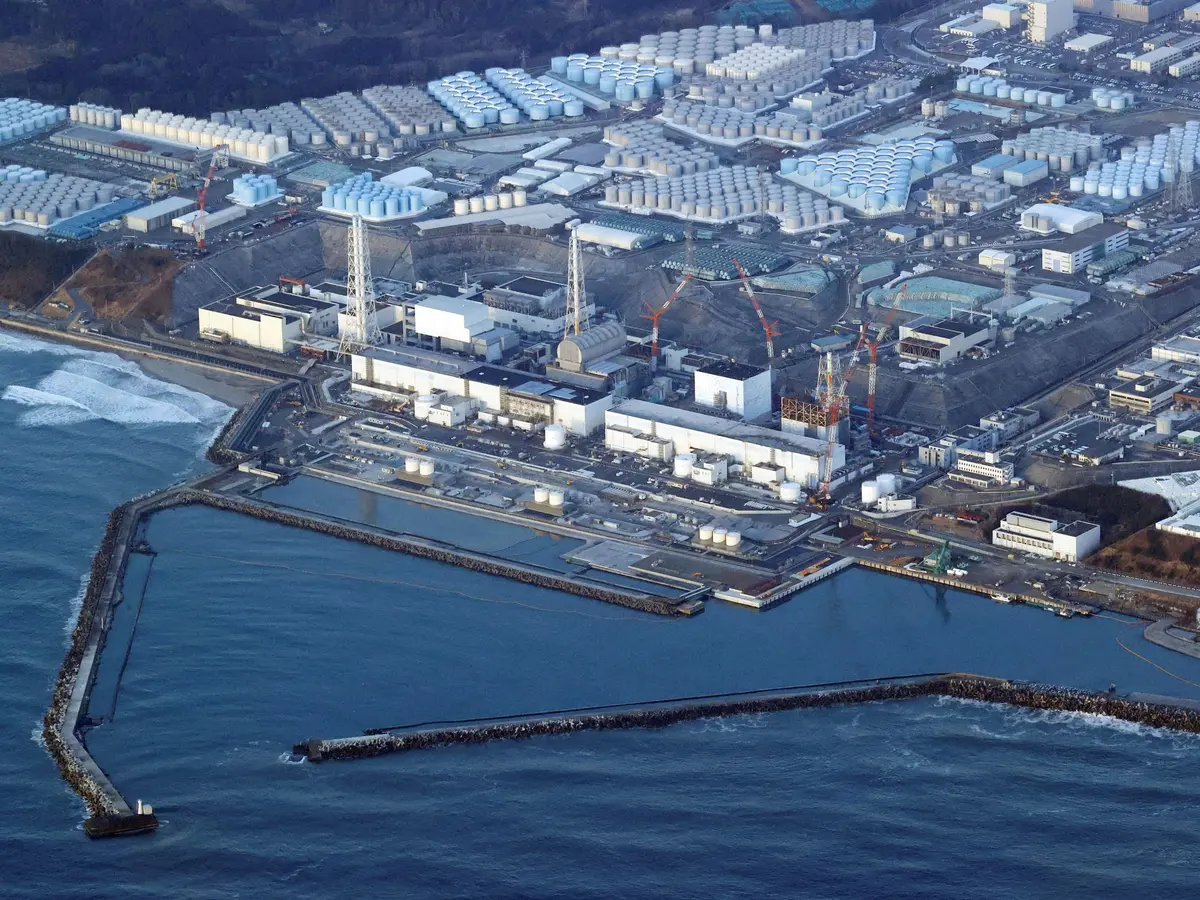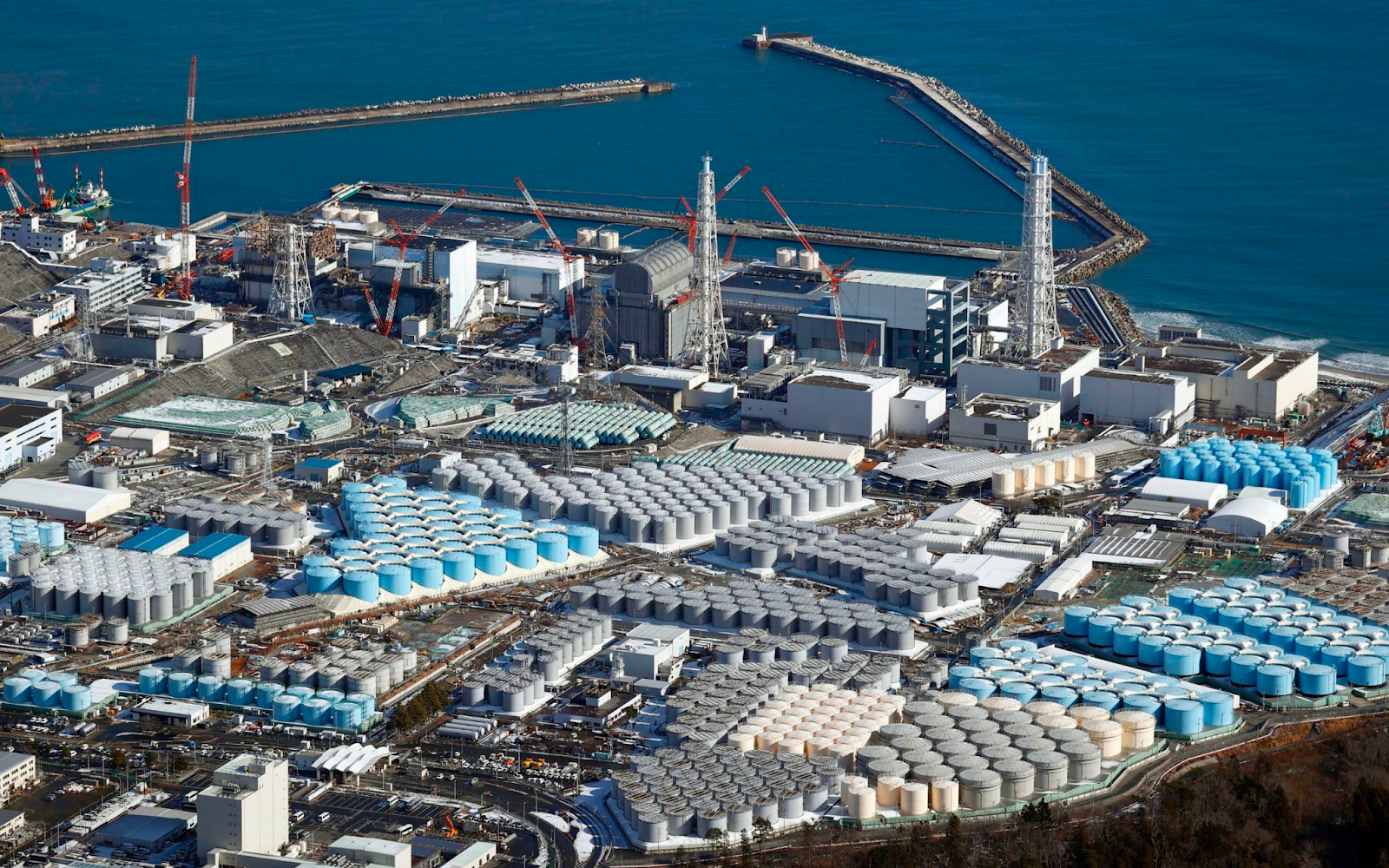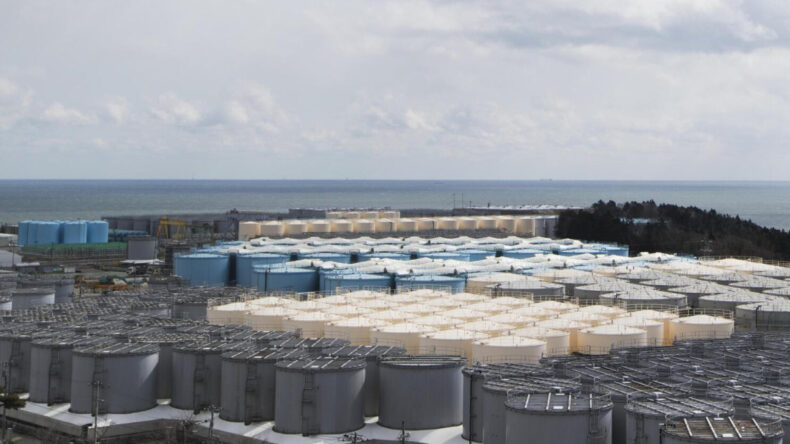China opposes Japan’s plan to release treated water from Fukushima into the ocean, imposing a food import ban and intensifying testing, exacerbating regional tensions and trade disputes between the two countries.
In a recent development, South Korea has expressed its support for Japan’s proposal to release treated water from the Fukushima nuclear power plant into the Pacific Ocean. This endorsement comes after the United Nations’ atomic agency conducted a review and deemed the plan safe.
Based on its own evaluation, including an inspection of the plant in late May and analysis of data from the UN nuclear watchdog, the International Atomic Energy Agency (IAEA), Seoul concluded that the release of over 1.3 million tonnes of radioactive water into the ocean would meet international standards if executed as outlined in the proposal.

Minister of the Office for Government Policy Coordination, Bang Moon-kyu, stated during a briefing, “We have verified that the concentration of radioactive material adheres to the standards for ocean discharge, thus confirming compliance with international standards, including those set by the IAEA.”
The plan involves releasing water that was primarily used to cool the reactors and subsequently treated and stored in large tanks on-site. However, this proposal has raised concerns not only among neighboring countries but also among several Pacific island nations, which continue to grapple with the consequences of past nuclear weapons testing.
One significant apprehension revolves around the potential risks associated with tritium, a radioactive isotope that is challenging to eliminate from water. Addressing these concerns, the IAEA’s two-year safety review determined that Japan would dilute the water to levels below regulatory standards. Furthermore, the agency pledged to station its experts at the Fukushima site during the gradual discharge, which is expected to span several decades.
Director General Rafael Grossi affirmed, “The plan is in line with relevant international safety standards… The controlled, gradual discharges of the treated water into the sea would have minimal radiological impact on both people and the environment.”
In related news, China has imposed a ban on food imports from Japan amid the escalating tensions surrounding the Fukushima water discharge plan. This prohibition further exacerbates the trade and diplomatic disputes between the two countries, adding to the already complex regional dynamics.
It is crucial to note that these events have far-reaching implications, necessitating close attention and cooperation among stakeholders to ensure the safe handling of radioactive materials and address concerns from all involved parties.
China Implements Food Import Ban
Following the International Atomic Energy Agency’s (IAEA) endorsement, Japanese media reports suggest that the release of treated water from the Fukushima nuclear power plant could commence as early as next month.
China has emerged as one of the most vocal opponents of the plan and, in response to the IAEA report, criticized it for allegedly disregarding expert opinions. Senlin Liu, a Chinese expert on the agency’s technical working group, expressed disappointment with the “hasty” report, claiming limited input from experts. However, IAEA Director General Rafael Grossi dismissed these assertions, asserting that the published report was “scientifically impeccable” and consistent with established standards. Grossi clarified that the review did not constitute an endorsement but rather a confirmation of compliance.

China’s customs department responded to the situation on Friday by imposing a ban on food imports from ten Japanese prefectures, citing safety concerns. The department also announced plans to intensify testing for radioactive substances. South Korea, too, has maintained a ban on seafood products from the Fukushima region, heightening worries within Japan, particularly among fishing communities concerned about the impact on their livelihoods.
The Fukushima Daiichi plant suffered extensive damage in the 2011 tsunami, leading to the breakdown of its power and cooling systems and resulting in the most severe nuclear disaster since Chernobyl. The majority of the water earmarked for discharge is used for cooling the three damaged reactors. Through the advanced liquid processing system (ALPS), a sophisticated pumping and filtration mechanism, large quantities of newly contaminated water are extracted daily, with most radioactive elements effectively filtered out. However, the storage tanks for the treated water are now occupying a significant portion of the site, prompting Japan to initiate the discharge process due to space constraints.
IAEA Director General Rafael Grossi is scheduled to address the media on Friday before embarking on visits to South Korea, New Zealand, and the Cook Islands. The situation at Fukushima remains a topic of paramount concern, necessitating close attention and international cooperation to ensure the safe management of radioactive materials and address the apprehensions of all parties involved.













